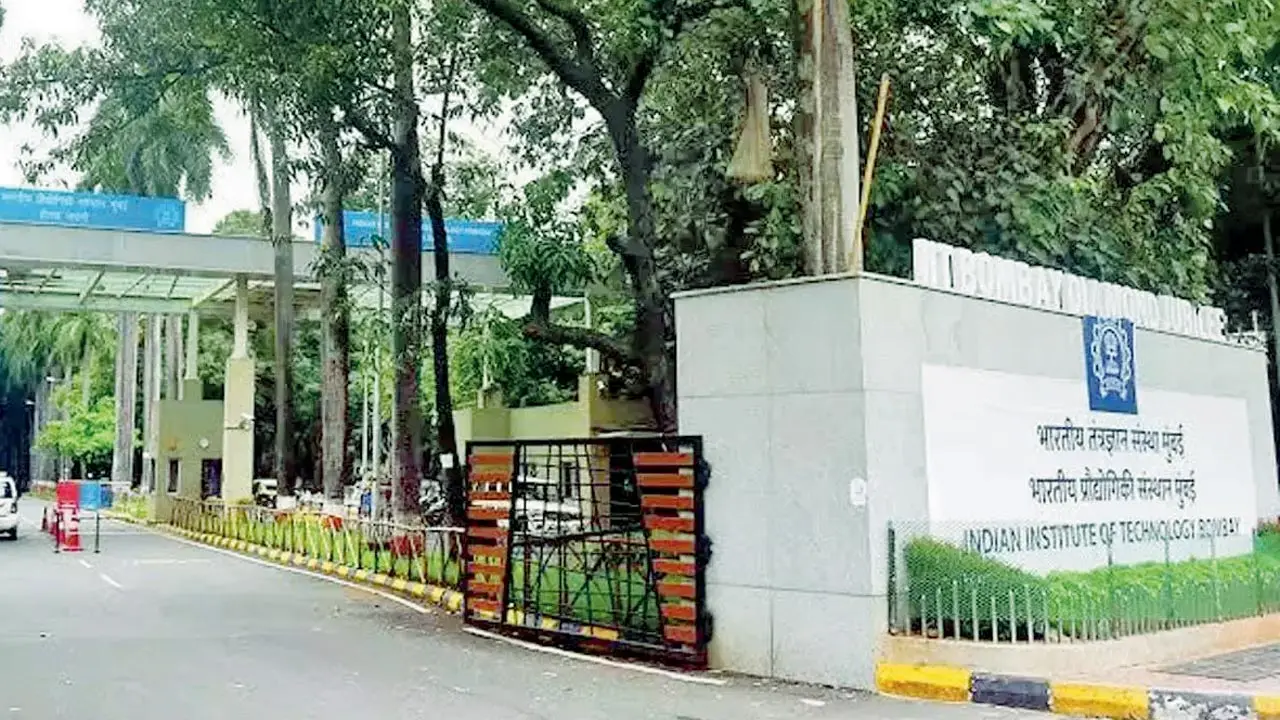Citing ‘geopolitical tensions’, institute halts all academic ties; move draws mixed response from academic circles. The announcement, made via the institute’s official social media handles, has sparked a mix of praise and criticism from the public and academic circles.

The institute did not specify the geopolitical reasons behind the move. File pic
The Indian Institute of Technology (IIT) Bombay on Saturday announced the suspension of all academic collaborations with Turkish universities, citing the “current geopolitical situation.” The announcement, made via the institute’s official social media handles, has sparked a mix of praise and criticism from the public and academic circles.
In a brief online statement, IIT Bombay said it would “suspend existing agreements and halt ongoing collaborations” with Turkish institutions until further notice. While the institute did not specify the geopolitical reasons behind the move, it is widely seen as a response to escalating diplomatic tensions between India and Turkey.
This development follows similar decisions by Jawaharlal Nehru University (JNU) and Jamia Millia Islamia in Delhi, both of which recently announced the freezing of ties with Turkish institutions.
Geopolitical tensions
India-Turkey relations have grown increasingly strained in recent years. A key point of friction has been Turkey’s vocal support for Pakistan on the Kashmir issue. Turkish President Recep Tayyip Erdoğan has repeatedly raised the matter in international forums, including the United Nations General Assembly, drawing strong reactions from New Delhi.
Tensions further escalated following India's Operation Sindoor, a retaliatory strike in response to the Pahalgam terrorist attack. Ankara’s (capital city of Turkey) criticism of India's domestic policies, particularly the abrogation of Article 370 in Jammu and Kashmir, the Citizenship Amendment Act (CAA), and the National Register of Citizens (NRC), has also added fuel to the fire.
Moreover, Turkey’s growing strategic and defence ties with Pakistan and its increasing alignment with China have raised further concerns within Indian policymaking circles. In 2024, Ankara expanded its defence cooperation with Islamabad, deepening India’s apprehensions.
As India recalibrates its foreign policy posture amid a complex global environment, academic and cultural exchanges are increasingly being shaped by broader strategic considerations.
When contacted, the official spokesperson of IIT Bombay said: “This (the statement on social media) is our official statement.”
Sat
Day IIT-B made the announcement
Reactions online
The decision has triggered a debate on social media.
Supporters applauded the institute for aligning with India’s strategic stance.
Talk
@Siddharth Mayur posted
“That’s a great decision. Proud to be part of the IIT-B ecosystem, which is both innovation-driven and responsible to the nation.”
Another user wrote
“Finally, our academic institutions are aligning with national policy and not living in a geopolitical vacuum.”
Criticism arguing that collaboration should stay @pratyusha\_x
“When institutes of national importance start behaving like WhatsApp University…”
Another user commented:
“Very unfortunate. Cutting academic ties doesn’t hurt governments—it stifles research and cultural understanding.”
@mayurpawar\_\_ added:
“Suspending agreements with Turkish universities could impact students and researchers. Education should build bridges, not walls. Academic collaborations should rise above politics.”
User Hardik posted:
“IIT Bombay should take decisions in the interest of students, scholars and research, not political parties. This isn’t ‘asato maa sadgamaya’.”
Concerns over the lack of transparency
“A more detailed explanation would have helped the academic community understand the rationale. Right now, it feels abrupt and reactionary,” said a professor from a Delhi-based university, who requested anonymity.
 Subscribe today by clicking the link and stay updated with the latest news!" Click here!
Subscribe today by clicking the link and stay updated with the latest news!" Click here!










